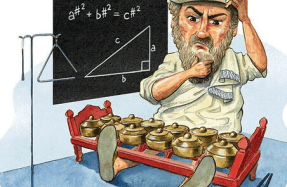Instrumental

Beethoven
Piano Sonatas: No. 28 in A, Op. 101; No. 30 in E, Op. 109; No. 32 in C minor, Op. 111
Nikolai Lugansky (piano)
Harmonia Mundi HMM902441 67:49 mins

Nikolai Lugansky may be nearly 50, but he still comes across like the stripling he was when – as part of a posse of Russian pianists making London their second home in the early ’90s – he first came to perform in the West. What he brought, and still retains, is that muscular weight in his sound which was the touchstone of Soviet pianism; the great Tatiana Nikolayeva was one of his teachers. Every performance he gives has spaciousness and authority; his technical security is rock-like.
And so it is here, as he climbs this pianistic Everest. The only reservation I have concerns his failure to bring out the full poetry of the first movement of Op. 109, and to mark the contrast between its two modes – the recitatives are nowhere near mysterious enough. But in every other respect that work comes over with sweet persuasiveness: the tenderness of the first variation is all the more effective for being restrained, and the climactic one has exultant power. The parade-ground spit and polish of his military march in the second movement of Op. 101 contrasts nicely with the.
You’re reading a preview, subscribe to read more.
Start your free 30 days



